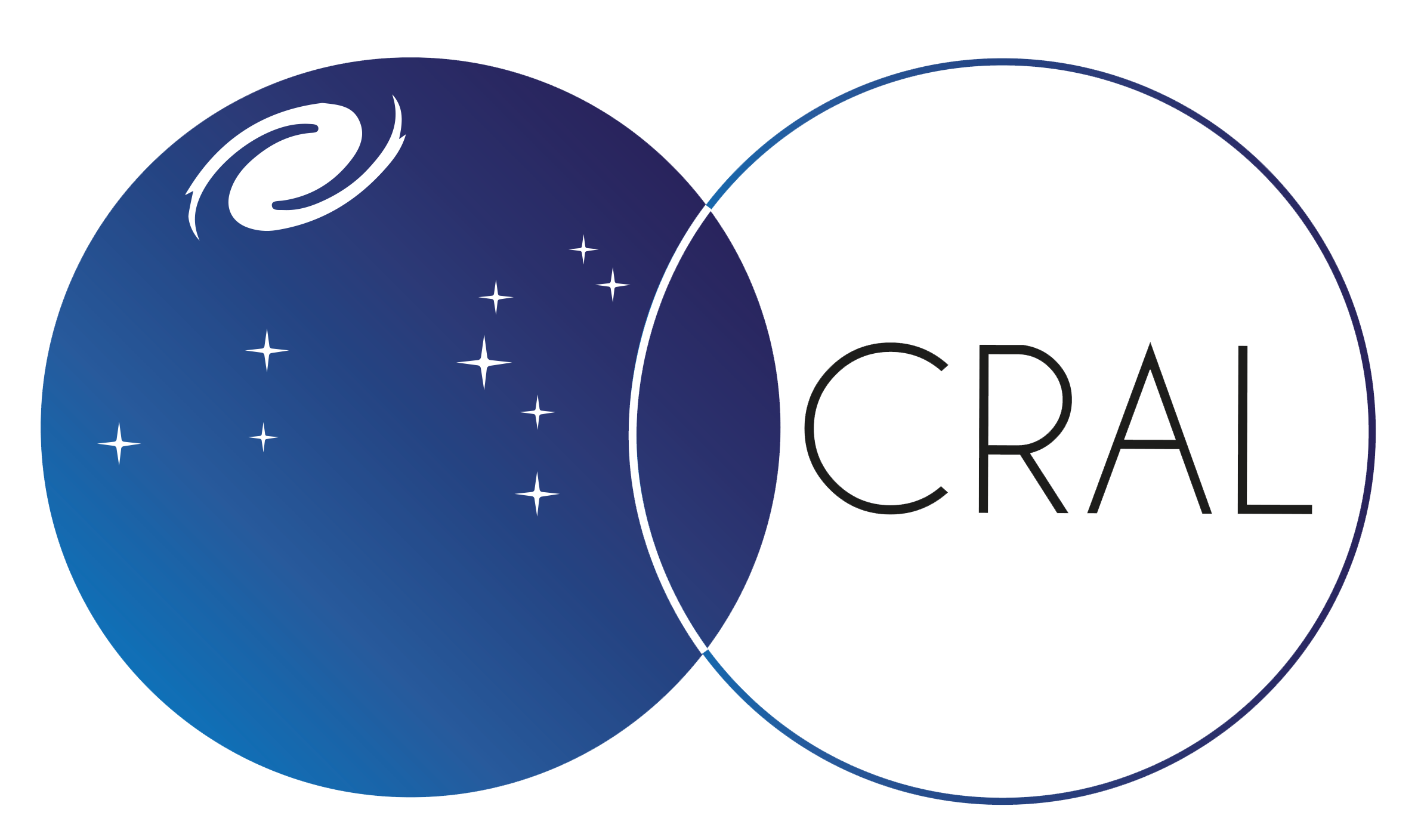

CRAL@Obs seminar by Hannah Ubler (MPE)
Observational constraints on massive black holes in the first billion years
One of the most surprising results coming out of the first years of science operations with JWST is the unexpectedly high abundance of actively accreting black holes in the early Universe. Compared to the local population, many of these early black holes appear to differ in various aspects, such as their relation to their host galaxies or their multi-wavelength properties. These observational findings challenge our understanding of the past evolution of present-day supermassive black holes, and provide new ways to constrain theoretical models of black hole formation and growth. I will give an overview of recent observational results on massive black holes in the first few billion years, driven by the unprecedented capabilities of JWST to explore cosmic dawn, and with a focus on results from the NIRSpec GTO surveys JADES and GA-NIFS, and the GO Large Program BlackTHUNDER.
